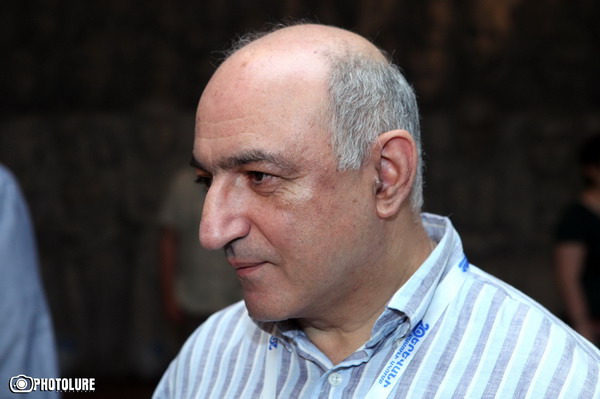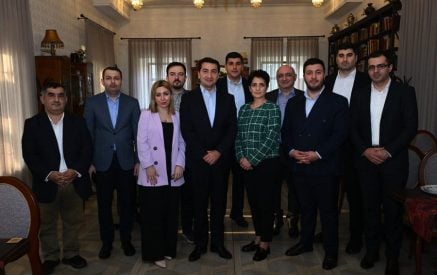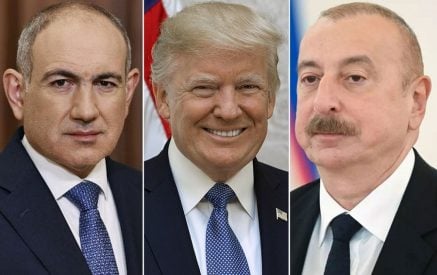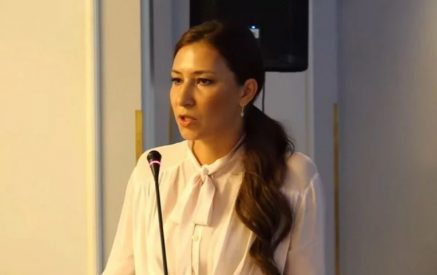Boris Navasardyan, Chairman of Yerevan Press Club, believes that it’s hard to say with certainty that there is a direct connection between violence against women and mass media reports. Note that “Stop Violence Against Women” coalition when preparing the presentation of the report “Femicide in Armenia: A silent epidemic” came to the conclusion that “in many cases, mass media promote the violence against women. Many of the most popular television programs strengthen underestimating women and patriarchal norms, disseminating the idea of controlling women through violence and oppression.”
To the question of Aravot.am of whether it is right that there is a direct connection between the mass media work and violence against women, Mr. Navasardyan replied, “We have not conducted any research on this subject but with purely accidental impression I can say that generally, many of our programs if we are talking about TV serials and similar programs, are sometimes trying to present the reality in a vulgar manner. We cannot exclude that there could be particular manifestations regarding the gender inequality or male and female relationships. It is not ruled out that the same manifestations may have an impact on the relations in the real life. But whether there is such a direct connection, it ‘s hard to be certain in it. This perhaps requires a specific research, both sociological and media content. Currently, it is important to have such a provision in the report as a means of raising an alarm but to be confident that it reflects the real problem, perhaps more seriously and in-depth researches are necessary.”
The other conclusion of the report was that the authorities also contribute to the growth in violence against women, “To date there is no legislation regulating domestic violence, and the preservation of this situation continues to impede women to enjoy the fundamental human rights to their security and protection.” We asked Mr. Navasardyan what is the reason for this delay, he reminded that our government is discussing this issue with many European institutions and this subject once was a precondition for signing the Association Agreement with the EU. The issue is on the agenda until now. Mr. Navasardyan connects the reason for the delay of the solution by several factors, “The conservative sentiments with our society and political elite are quite strong as well as related to justice, tolerance and the exclusion of discrimination. The geopolitical developments also play a role. As Armenia has appeared in the Eurasian Union and there is quite a significant political-ideological influence on us by Russia, then the same problems that obtain an adequate solution in Russia, they reach Armenia in the same way. And although the dialogue with the EU is continued, however, there are hampering factors that become the cause of slowness and often unwillingness.”
Tatev HARUTYUNYAN






















































